Utility-Scale Energy Storage
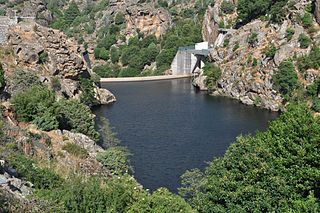
What will happen over the coming decade? It depends on whom you ask. (more…)

What will happen over the coming decade? It depends on whom you ask. (more…)

The importance of this event in history is so great that we carry the metaphor “crossing the Rubicon,” meaning passing a point of no-return, in our language more than 2000 years later.
I often wonder if there will be such an event in the migration away from fossil fuels (more…)
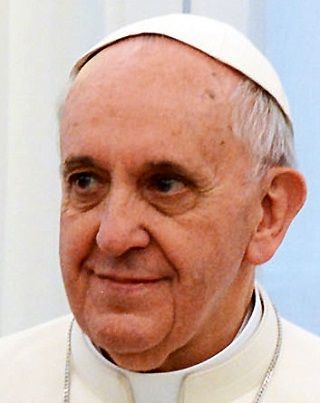
On a somewhat related note, but completely out of our hands, a provocative thought: the one single person who could do wonders to reduce the Philippines’ need for energy is the Pope. You probably noticed that over there, any politician worth his or her salt has to have a photo taken with the Pope and posted all over the country or in the press to assert credibility, the pervasiveness and influence of the Catholic Church being so huge. (more…)
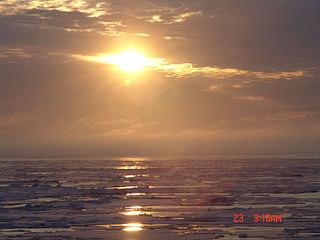
Thank you so much for this article, Alex – this phenomenon has been a thorn in my side for decades. I’m reminded of the economist who claimed that the very worst impacts of climate disruption would only minimally affect the economy because agriculture only makes up 3% of the whole. Of course, he neglected to consider it’s the 3% we eat.
Exactly. There are so many asinine ways to regard the threat of climate change that it’s hard to count them all. I’m reminded of the Cato Institute’s position: Because the worst effects of climate change won’t affect humankind for 50 – 100 years, we recommend putting off the bulk of global warming mitigation strategies until that time. It’s analogous to recommending that a smoker with a small lung tumor continue to smoke because the tumor hasn’t killed him yet; the logic really is no stronger than that.
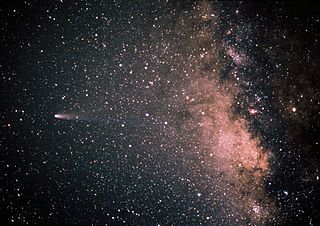

Therefore you may be left wondering if you should embark upon this venture, and we’re here to help. (more…)
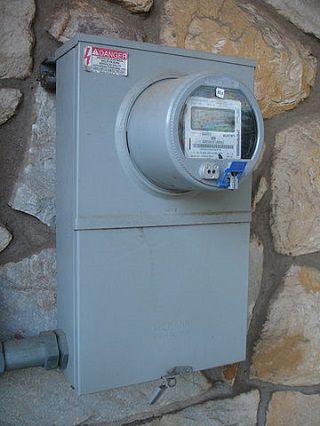
What is of obvious value is using IT and communication technology to lower the overall environmental footprint of providing us the power we need. And this comes in dozens of different forms, like demand response and other forms of peak-shaving, as well as charging our electric vehicles at times when renewable energy is available for the purpose.

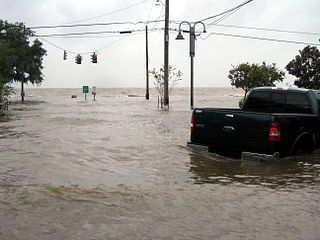
Here are three basic facts: (more…)
